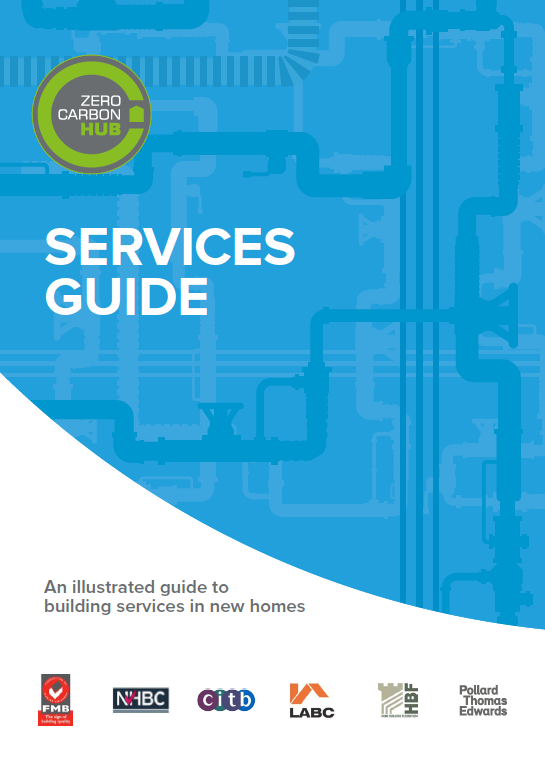
GBE > Encyclopaedia > Code > Links > G#13351
Zero Carbon Hub
Zero Carbon Hub
About:
GBE Observation
- Whilst the ZCH were funded for a decade and published extensively on the subjects of Overheating and the Performance Gap.
- None of their publications indicate they ever understood the whole overheating problem and therefore never found the whole overheating solution.
- 20% of housing already overheats and GBE suggest that this figure will continue to rise without the whole solution and suitable guidance being published.
- The whole overheating solution is understood but not by mainstream organisations and products are available to solve them.
- Mainstream driven by Fiduciary Rules (obligation to make a profit for shareholders) will always be driven by the cheapness and complying with the minimum regulated requirement and will never find nor use these solutions.
- GBE Issue paper Overheating goes into detail analysis of all of the problems and all of the solutions
- GBE Issue Paper Overheating (Executive Summary is on 1st of 80 pages)
Tackling Overheating in Buildings
Background
There is evidence that overheating is already occurring in certain types of buildings, and that this can lead to a loss of well-being, ill health, and in extreme cases, fatalities. At present, thankfully the phenomenon of dangerous overheating is not as widespread as the problem of cold homes. However, there is increasing concern that the balance could start to tip. Similar to homes which are too cold, the elderly, young and ill are most vulnerable.
The big challenge for both the New Build and Retrofit sectors going forward is to consistently provide energy efficient homes for their customers which are warm in the winter, but stay cool and comfortable in the summer. For new homes, this will mean reducing the risk of overheating through good planning, design and construction. For existing buildings, support and advice must be available to building managers and contractors on the most effective adaptation measures.
The Hub’s Response
Working with government, industry and academic experts, our ambition is to translate what is known about the problem of overheating in homes into recommendations on the types of framework and actions which could be needed to address the issue in a systematic way.
To achieve this ambitious objective, the Overheating Project will:
- Summarise the evidence on the potential scale and severity of overheating risk and how risk is changing over time;
- Summarise why action is needed to tackle the issue in new and existing buildings;
- Review research and case studies (including from other countries) which explore how to define overheating, the causes of overheating and the practical solutions which can be adopted to avoid or tackle it;
- Identify which people and buildings are likely to be most at risk, why, and when;
- Describe any institutional, legislative and practical barriers to tackling overheating and analyse the costs and benefits of a range of options for addressing those barriers in a systematic and concerted way – including those which can only be addressed by government or by the industry as a whole;
- Review the practical tools and methods for predicting and assessing overheating risk and evaluate whether industry will need more support;
- Utilise practical and innovative methods to raise awareness of the evidence base on overheating, dispel myths and share good practice.
We will produce a Interim Report in June 2015, in time to feed into the Committee on Climate Change’s (Adaptation Sub-Committee) progress report on overheating actions in the National Adaptation Programme for the New Build and Retrofit sectors. The final report will be published in Spring 2016.
Our publications and outputs will, where appropriate, be tailored for audiences, such as central and local government and its agencies, as well as a range of professions including planners, specifiers, architects, housebuilders, installers and consumer groups. This ‘stakeholder’ focused approach will be critical in helping to turn our findings into action. One of our first actions will therefore be to identify key stakeholders and to understand the opportunities they have to influence overheating risk.
Evidence Review Reports
Working together with industry the Hub have now produced and published the findings from detailed Evidence Review Reports. These publications each provide a summary of relevant evidence and concepts relating to a specific theme. The reports can be found below:
- Drivers of Change – Overheating in Homes
- Overheating Risk Mapping – Evidence Review
- Impacts of Overheating – Evidence Review
- Defining Overheating Evidence Review
- Assessing Overheating Risk – Evidence Review
- Local Authorities – Tackling Overheating in Homes
- Monitoring Overheating – Housing Association Case Studies
- Solutions to Overheating in Homes – Evidence Review
Basline Report
The Hub have now produced and published our baseline report.
© GBE NGS ASWS BrianSpecMan aka Brian Murphy
26th October 2016
Zero Carbon Hub
Images:
 Logo
Logo
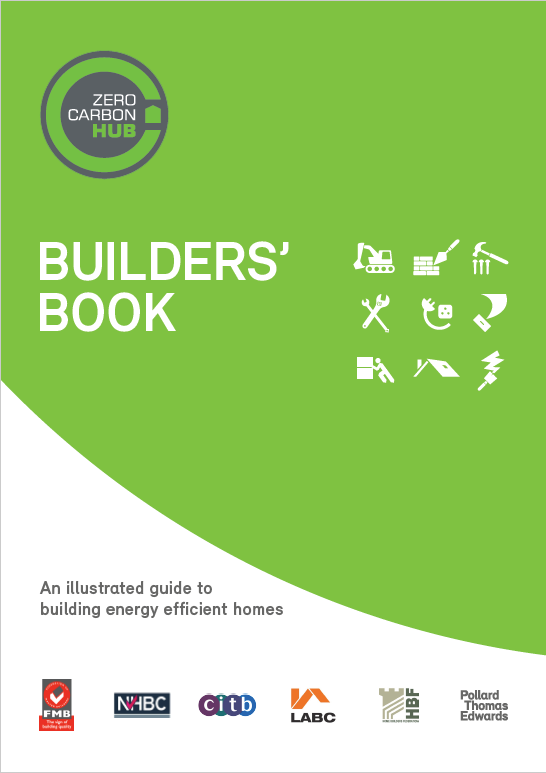
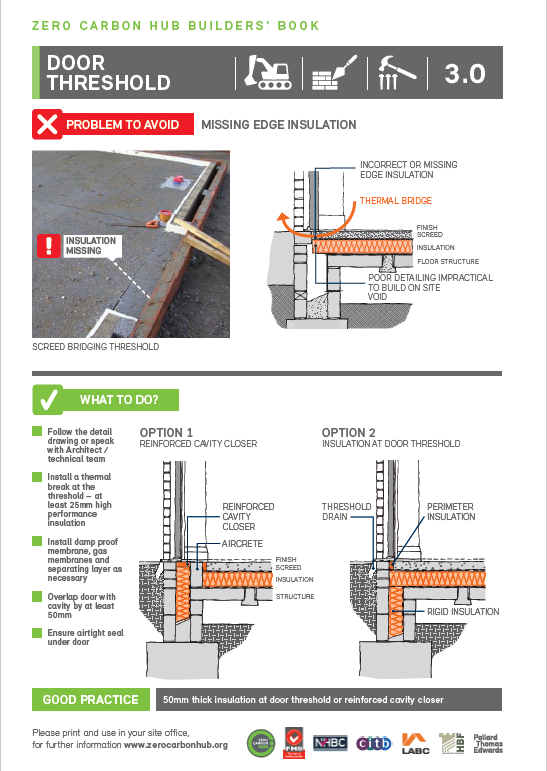
example page from zch-buildersbook-2015 PDF
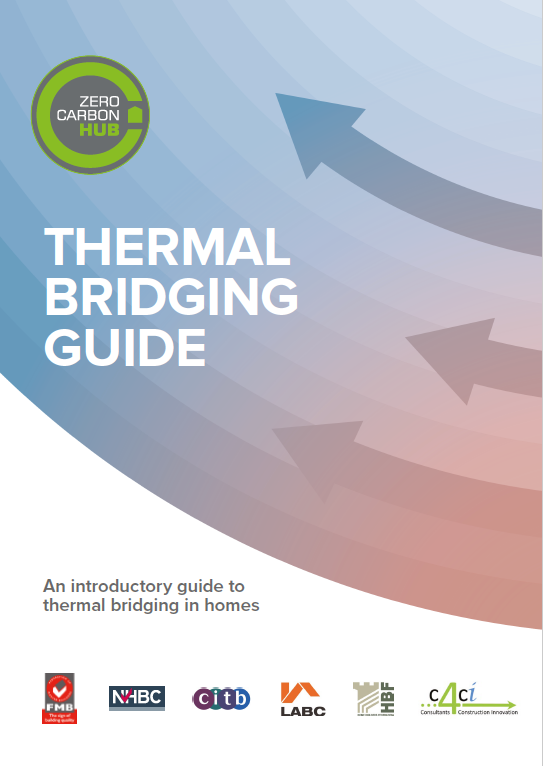
ZCH_Thermal Bridging Guide PDF
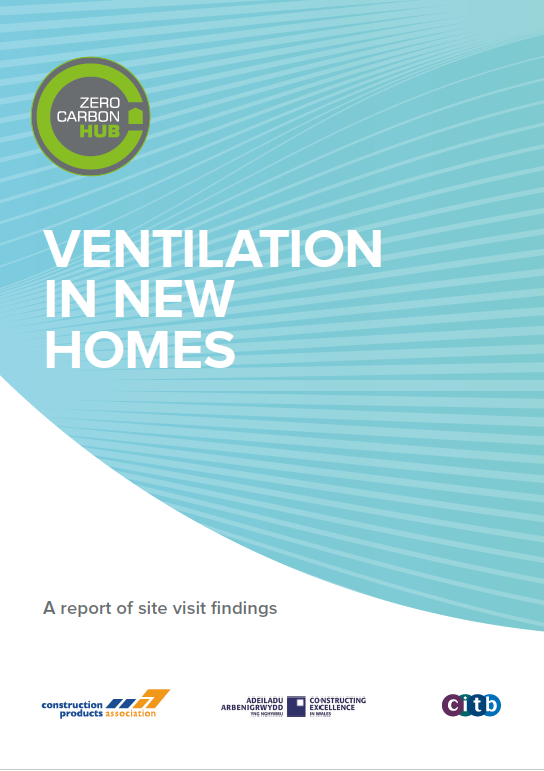
ZCH_Ventilation in New Homes PDF
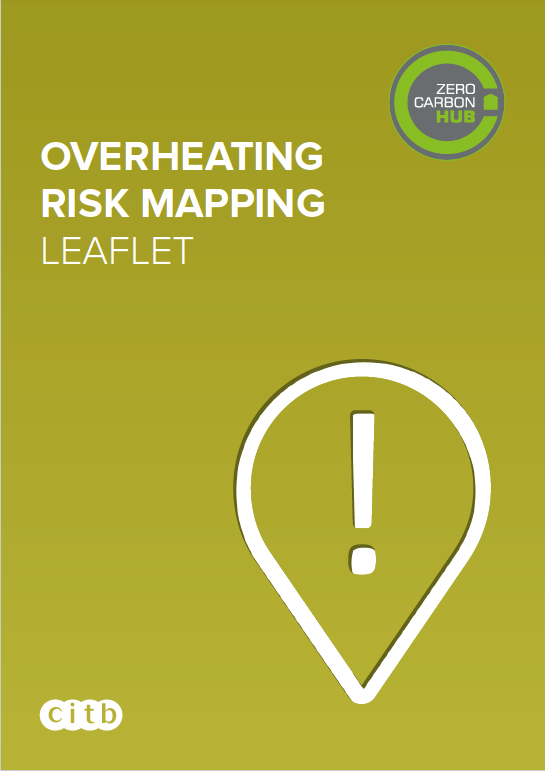

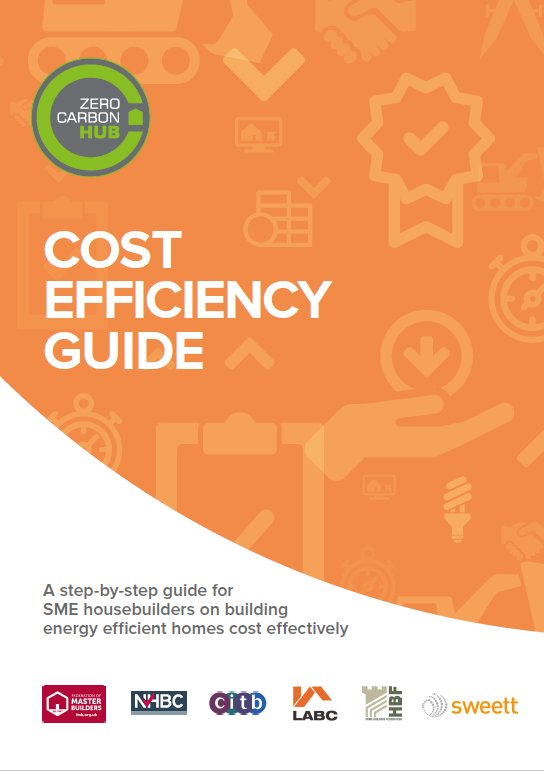
Publication Covers
26th October 2016
Zero Carbon Hub
See Also:
GBE Jargon Buster
Initials & Acronyms
- ZCH (this page)
Words and Phrases
- Zero Carbon Hub (this page)
GBE Issues
ZCH Publications (On GBE)
- ZCH_Builders Book 2015 PDF
- ZCH_Thermal Bridging Guide PDF
- ZCH_Services Guide PDF
- ZCH_Ventilation PDF
- ZCH_SAP Untangled PDF
- ZCH_Cost Efficiency Guide PDF
- ZCH Overheating Risk Mapping PDF
ZCH Publications (on ZCH)
http://www.zerocarbonhub.org/full-lib
GBE Links
- ZCH Zero Carbon Hub
- ZCH Publications (Government targets and funding are gone so this site may disappear)
- Follow up organisation:
- TBH The Buildings Hub (they published the Designer’s Handbook and ZCH publications)
- TBH Resources
© GBE NGS ASWS BrianSpecMan aka Brian Murphy
26th October 2016 – 14th April 2017

